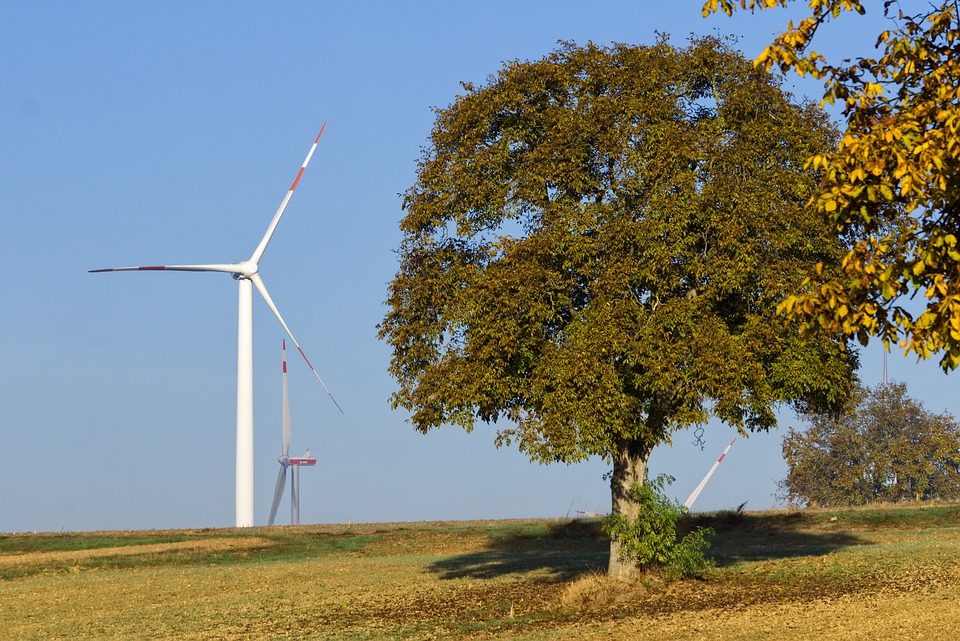Sustainable Energy for a Sustainable Future: Exploring the Possibilities
Introduction
The world is facing an unprecedented energy crisis. With the increasing global population, rapid urbanization, and the growing need for economic development, the demand for energy is soaring. However, the conventional sources of energy, such as fossil fuels, are finite and have a significant impact on the environment. Climate change, air pollution, and water pollution are just a few of the many consequences of relying on fossil fuels. It is essential to transition to sustainable energy sources to ensure a sustainable future.
The Need for Sustainable Energy
Environmental Impact
The use of fossil fuels is a significant contributor to greenhouse gas emissions, which are a major cause of climate change. The burning of coal, oil, and gas releases carbon dioxide, methane, and other pollutants into the atmosphere, leading to rising temperatures, melting of polar ice caps, and extreme weather events. Moreover, fossil fuels are the primary source of air pollution, causing respiratory problems and other health issues.
Economic Benefits
Sustainable energy sources, on the other hand, offer significant economic benefits. Renewable energy technologies, such as wind and solar power, can create jobs, stimulate local economies, and reduce the cost of energy production. In addition, sustainable energy can reduce the dependence on imported fossil fuels, making energy more secure and affordable.
Security and Reliability
Sustainable energy sources can also improve energy security and reliability. Distributed renewable energy systems, for example, can provide energy independence and reduce the reliance on centralized power plants. Moreover, sustainable energy can be stored and dispatched when needed, ensuring a reliable supply of energy.
Exploring the Possibilities
Renewable Energy Technologies
Renewable energy technologies, such as solar, wind, hydro, and geothermal power, are becoming increasingly cost-competitive with fossil fuels. Solar energy, for example, has become one of the most promising sources of renewable energy, with the cost of solar panels decreasing by over 70% in the past decade.
Energy Storage
Energy storage is a critical component of sustainable energy systems. Batteries, for example, can store excess energy generated by solar panels or wind turbines, allowing for a reliable and dispatchable supply of energy.
Smart Grids
Smart grids are also essential for sustainable energy systems. These advanced grid management systems can optimize energy distribution, reduce energy losses, and enable the integration of renewable energy sources.
Challenges and Opportunities
Challenges
While sustainable energy offers many benefits, there are also challenges to overcome. The intermittent nature of renewable energy sources, for example, requires advanced energy storage and grid management systems. Moreover, the infrastructure for sustainable energy is still in its infancy, requiring significant investment and development.
Opportunities
Despite the challenges, there are many opportunities for sustainable energy development. Governments and private companies are investing heavily in renewable energy technologies, energy storage, and smart grids. Additionally, the growing demand for sustainable energy is driving innovation and entrepreneurship, creating new job opportunities and economic growth.
Conclusion
Sustainable energy is essential for a sustainable future. The benefits of sustainable energy, including environmental, economic, and security advantages, are undeniable. While there are challenges to overcome, the opportunities for sustainable energy development are vast. By exploring the possibilities of sustainable energy, we can create a cleaner, more secure, and more prosperous future.
FAQs
Q: What are the most promising renewable energy sources?
A: Solar and wind energy are the most promising renewable energy sources, with the cost of solar panels decreasing by over 70% in the past decade.
Q: How can we overcome the intermittency of renewable energy sources?
A: Energy storage, such as batteries, can store excess energy generated by solar panels or wind turbines, allowing for a reliable and dispatchable supply of energy.
Q: What is the role of smart grids in sustainable energy systems?
A: Smart grids are essential for sustainable energy systems, optimizing energy distribution, reducing energy losses, and enabling the integration of renewable energy sources.
Q: What are the economic benefits of sustainable energy?
A: Sustainable energy can create jobs, stimulate local economies, and reduce the cost of energy production, making energy more secure and affordable.


_2.png?w=150&resize=150,150&ssl=1)
_1.png?w=150&resize=150,150&ssl=1)

_1.png?w=150&resize=150,150&ssl=1)
_1.png?w=150&resize=150,150&ssl=1)
